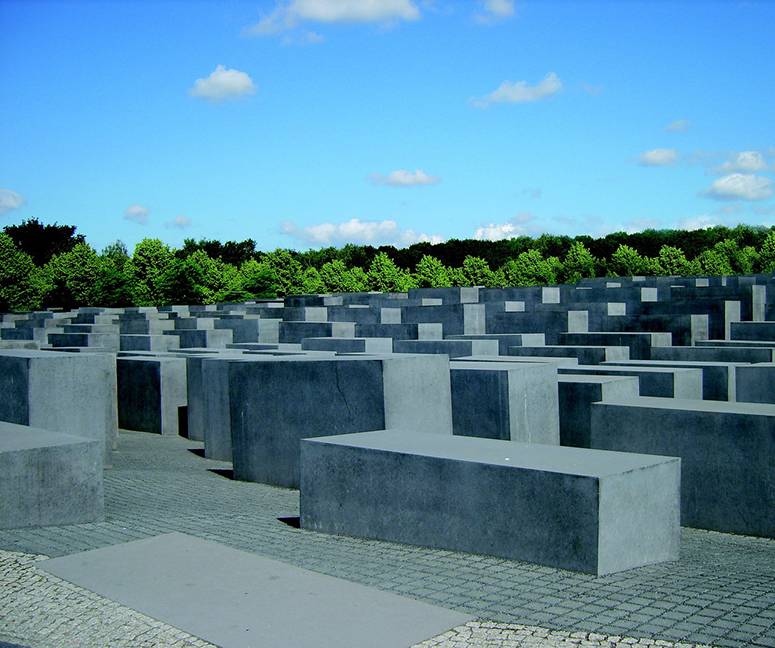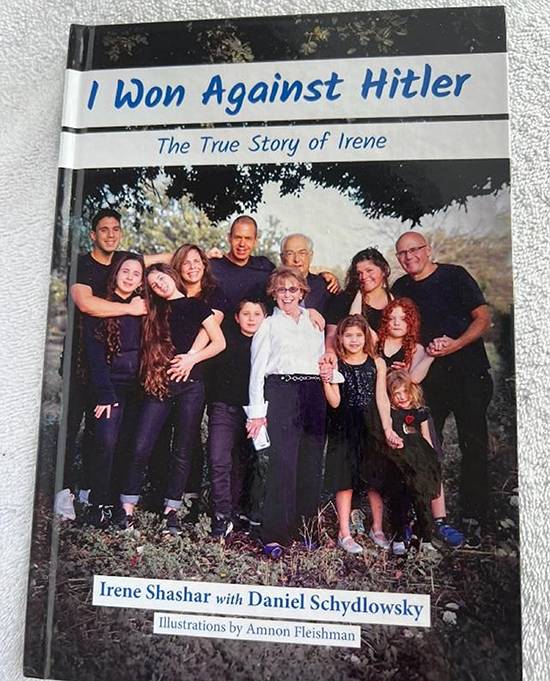German & Israeli envoys honor Holocaust victims’ courage & resilience
Do you know that the Philippines—under Commonwealth President Manuel L. Quezon—was one of the world’s few countries to welcome persecuted European Jews? One thousand two hundred Jews were saved from the Holocaust, though the US limited the number of Jews to be admitted to its colony at the time.
In Makati, I recently witnessed a solemn tribute called “Zikaron BaSalon,” transcending time and echoing the courage of Holocaust survivors. The residence of economist and German Ambassador Dr. Andreas Pfaffernoschke was transformed into a sanctuary of remembrance, history and hope. This intimate gathering, attended by foreign diplomats, Filipino intellectuals and the local Jewish community, paid homage to the indomitable spirit of Irene Lewkowicz Shashar, an 86-year-old Holocaust survivor.

“Zikaron BaSalon” is a Hebrew term that translates to “Memory in the Living Room” in English. It is a unique commemorative initiative, where individuals gather in intimate settings, typically living rooms, to share and listen to the stories of Holocaust survivors. This year’s poignant gathering happened in the cozy living room of Dr. Pfaffernoschke.
Irene, connecting from Israel via Zoom, narrated her harrowing Holocaust journey. Among the distinguished attendees was Makati City Mayor Abigail “Abby” Binay, seated next to me, absorbing the powerful narrative with quiet reverence.

Former University of South Bohemia professor and now Czech Republic Ambassador Karrl Hejc asked Shashar what stories were told her as a child to help her emotionally survive and endure the horrors of the Holocaust and World War II.
Irene Shashar is a child survivor who, at age two, faced the Nazis’ invasion of the land of her birth, Poland. Witnessing her father’s violent murder at age five in their family’s cramped shared hovel inside the Warsaw ghetto, she and her mother defied the odds. The girl was hidden in sewers or locked in closets with her cherished doll named Laleczka. Shashar and her mother endured the chaos of war, later moving to France, then her mother died two years after when she was only 11 and she eventually settled in Peru with adoption by her mother’s niece.

Despite profound loss, Shashar excelled in her studies, later receiving several scholarships to US universities. She was offered a job in New York but she chose to make “aliyah” or move to the land of her ancestors, Israel, where at age 25, she became the youngest faculty member at Hebrew University in Jerusalem. Her remarkable story, initially concealed and not told to even her daughter, social worker Ilana, and obstetrician son David, now stands as a testament to human determination.
Irene eventually decided to speak publicly about her Holocaust survival saga, because she felt it was her responsibility and obligation. She believes that silence is indifference and that she shouldn’t waste her late mother’s gift of helping her survive. Last year, Shashar came out with her autobiography entitled I Won Against Hitler. She was a child survivor, while 1.5 million European Jewish children died in the Holocaust out of the total six million Jews killed.

Ambassador Ilan Fluss, closing the event, paid tribute to Holocaust survivors’ mothers like the creative and strong-willed mom of Irene. The envoy also paid tribute to his wife Gila’s grandmother for hiding and saving two children during the crisis, while he also cited his own grandmother, who gave birth to his mother inside a German prison. Ambassador Fluss lamented the rise of anti-Semitism overseas as alarming, declaring, “It is our collective and personal responsibility to make sure that there is no place that is not safe for Jews to be in.”
Fluss thanked the German Ambassador Pfaffernoschke for co-hosting the event and acknowledged the cooperation between Israel and Germany, stating, “Enemies of the past can be friends and allies in the future.”

In an exchange with the German Ambassador, I conveyed my profound admiration for the remarkable post-World War II metamorphosis of Germany. This awe-inspiring transformation happened with a spirit of humility, characterized by official government apologies and a sincere commitment to atone for their war crimes devoid of denials or historical revisionism.
Remembering the Holocaust is an imperative act of honoring the countless lives lost, ensuring that the atrocities of the past are not forgotten. It serves as a solemn reminder of the depths humanity can sink to when hatred and prejudice are allowed to spread unchecked.
Being an anti-war advocate goes hand in hand with remembrance of the Holocaust. It’s a commitment to preventing the recurrence of such heinous acts and fostering a world where diplomacy, dialogue, and understanding prevail over violence.
The Holocaust stands as a dark chapter in history, marked by unimaginable suffering and loss. It teaches us the catastrophic consequences of discrimination, intolerance, the unchecked rise of hatred and the evils of war. In remembering the Holocaust, we should remian vigilant against the seeds of bigotry, striving to create a world where diversity is celebrated, not persecuted.
To remember is to acknowledge the past, while advocating for peace is to shape the future. Let us be committed to building a world where the horrors of the Holocaust remain in the annals of history, and the echoes of war are silenced by the resounding chorus of peace.


